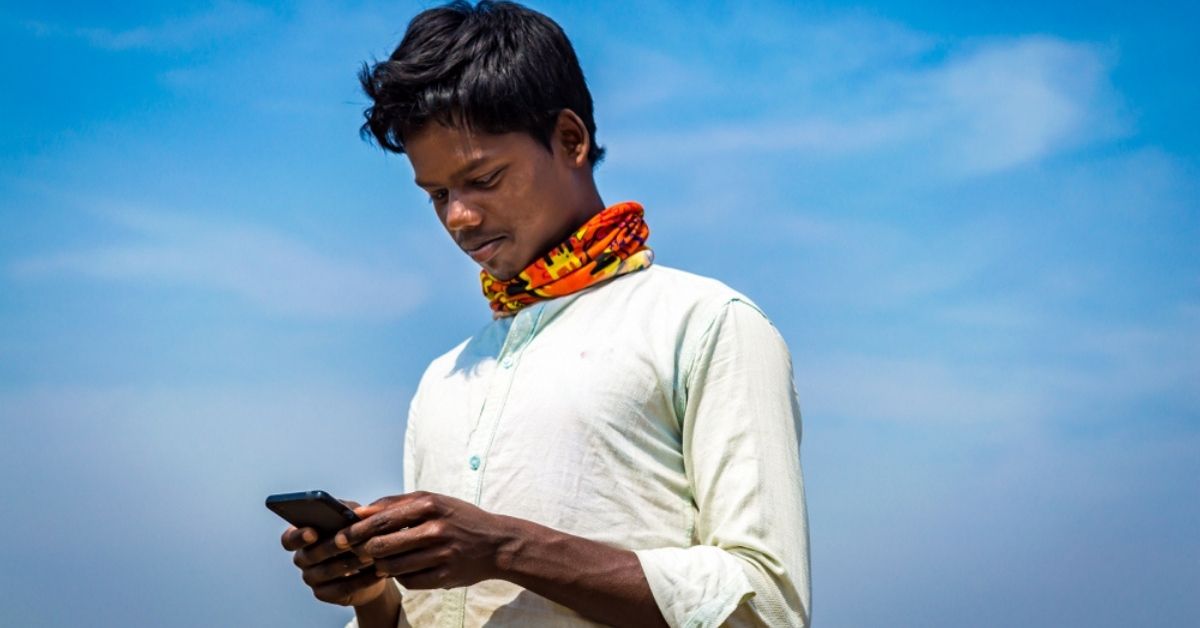India’s New Agriculture Policy: Here’s Why You Need to Share Your Ideas With The Govt
The government's consultation paper on India Digital Ecosystem of Agriculture (IDEA) aims to digitise the agricultural sector, putting the farmer at the focal point. Here's how you can weigh in on this decision.

India’s agriculture sector accounts for about 15.9 per cent of the country’s $ 2.7 trillion economy and 49 per cent of employment (2018-19). Given the heavy statistics, the government aims to simplify, unify and collate a system to achieve their 2022 goal of doubling a farmer’s income.
The Department of Agriculture, Cooperation and Farmer Welfare drafted a consultation paper on India Digital Ecosystem of Agriculture (IDEA) to create agriculture-specific technology that can be deployed from the smallest unit at the farmer to the large corporations who are the end purchasers.
These technologies include unique farmer IDs and a dedicated UPI for farmers to make the transfer of payment to them easier.
The paper was recently put forward by Civis, a citizen engagement platform that serves as a bridge between citizens and the government of India.
Under this consultation paper, the government proposed various open digital technologies throughout the farming process to usher in a Green Revolution 2.0, taking inspiration from similar frameworks in countries like South Korea. The paper saw 12 strong responses from the public and was simplified in a short video by Civis volunteer, Shachi Srivastava.
Watch the video below to gain a better understanding of what impact digitising agriculture will have on the farmers, middle men and large industries.
The Result
While general public opinion lauds the effort to simplify the market and empower farmers, the concerns around illiteracy, weak internet connectivity and greater dependency on middlemen remain intact.
One such response by Rashi, stated,“The main concern on digitisation of the agricultural sector is digital literacy of the farmers. If I talk in context of Northeast India, leave alone the access to a smartphone, most of the farmers don’t even have access to electricity since a major section of the farmers belong to small landholders and marginalised communities.”
To find out more about policies like these and to get the details about this draft, click here.
(Written by Nikita Noronha, Communications & Partnerships, Civis; Edited by Yoshita Rao)
If you found our stories insightful, informative, or even just enjoyable, we invite you to consider making a voluntary payment to support the work we do at The Better India. Your contribution helps us continue producing quality content that educates, inspires, and drives positive change.
Choose one of the payment options below for your contribution-
By paying for the stories you value, you directly contribute to sustaining our efforts focused on making a difference in the world. Together, let’s ensure that impactful stories continue to be told and shared, enriching lives and communities alike.
Thank you for your support. Here are some frequently asked questions you might find helpful to know why you are contributing?


This story made me
-
97
-
121
-
89
-
167













